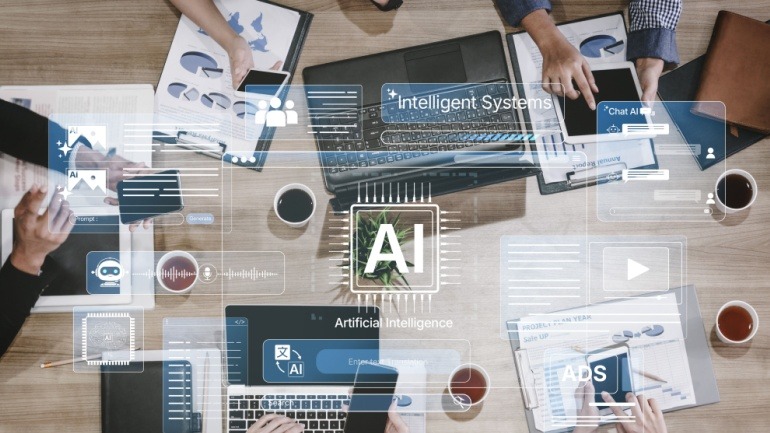In a bid to enhance public safety and minimize network congestion, Rakuten Mobile is pioneering a new smart surveillance initiative. Collaborating with AWL and Vissel Kobe, the Japanese telecom operator is testing the use of edge AI at the Noevir Stadium, within Kobe city. This initiative is part of a broader government effort spearheaded by Japan’s Ministry of Internal Affairs and Communications to explore the potential of AI technology in public safety contexts.
At the core of this initiative lies edge AI technology, designed to process video data locally rather than in the cloud. This is crucial for reducing the burden on mobile networks, considering that continuous video streaming to cloud platforms can overwhelm existing infrastructure and inflate costs. By analyzing video data locally at the stadium, not only is network traffic reduced, but security response times are also improved. Cameras installed throughout the venue detect potential threats, such as unusual movements or hazardous behavior. Depending on the situation’s urgency and network traffic conditions, these cameras compress data into manageable formats, such as text alerts or short video clips.
Security operations benefit enormously from these AI-powered techniques as they offer real-time risk detection while also minimizing labor costs. The reduced dependency on cloud computing also leads to considerable financial savings. Furthermore, by integrating a small-scale language model, edge servers can generate concise reports from multiple cameras, helping security teams take swift, informed actions.
Testing encompasses not only the AI’s responsiveness but also its flexibility. Whether it involves different lighting conditions, weather variables, or varied event types like falls or crowd incidents, the system aims to maintain robust performance. The goal is a versatile, portable AI surveillance system that adapts across various environments—not just stadiums. The aspiration is to extend its utility to amusement parks, transportation hubs, retail spaces, and even remote, infrastructure-limited areas.
The entire trial will continue from June 2025 until January 2026, offering sufficient time to refine technology and logistical nuances. In an earlier announcement, Rakuten Mobile introduced the “Rakuten AI for Business,” a tool designed to optimize corporate functions through advanced language understanding and task automation capabilities. This strategic move further underscores Rakuten’s commitment to harnessing AI’s transformative power across various sectors.







